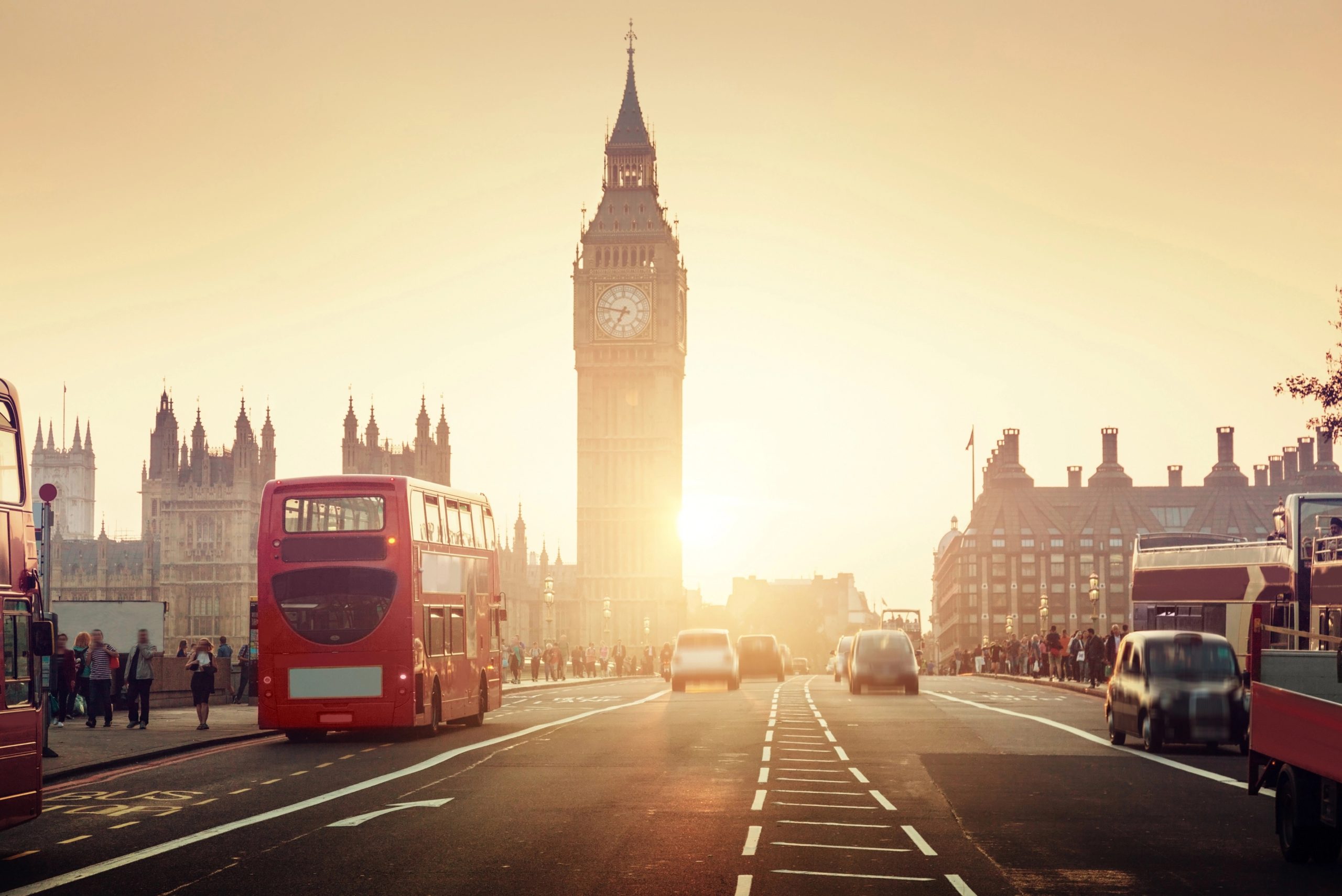London’s high cost of living is driven by a combination of intense housing demand against limited supply, fueled by strict planning laws and a growing population, which skyrockets property prices and rents. As a global financial hub, it attracts high earners and investors, inflating costs for goods, services, and upscale lifestyles, while pricey public transport, high fuel costs, and congestion charges add to daily expenses. High taxes, like VAT and council tax, along with inflation and reliance on costly imported goods, further strain budgets, making London one of the world’s most expensive cities. Now lets take a look into these factors in more detail.
Expensive Tastes
In 2022, London became the fourth most expensive city in the world, according to a survey run by the mobility group ECA. Boasting excellent restaurants and nightlife, lots of cultural history, great shopping and mouth-watering food markets, and job opportunities, London is a cultural powerhouse and one of the world’s most desirable places to live, so high prices aren’t a surprise as the location is in demand.
There is a lot that London has to offer, but Londoners are now expressing that the price to play ball in the Big Smoke needs to be lowered and made sustainable. Many factors are causing this, and it’s a complex issue. As there are many different things to consider, it’s essential to break down the main issues and what’s driving the cost of living up.
Acommodation And Rent
London has the largest job market in the United Kingdom, meaning demand for places to live is very high. It’s a supply and demand issue. A report by The Big Issue explains, “Rents in London have risen at a particularly high rate in the last year – tenants have seen surges of 6.9% in the year up to January – the highest annual rate since ONS first tracked London rents in 2006. Overall, renters in London pay nearly double the median monthly rent for the rest of England at £1,625.”
Another issue is that the legal framework further contributes to the situation: London operates without rent controls, and landlords can employ “no-fault” evictions. This provision grants landlords the authority to compel individuals to vacate the premises, even in the absence of any violation of the tenancy agreement, such as refusal to accept higher rent terms.
Buying a property in London is a whole other kettle of fish and an option only available to high earners. As of September 2023, the average house prices in London remain the highest among all regions in the UK, standing at £537,000. Over the 12 months leading to September 2023, the London housing market has had an annual inflation rate of negative 1.1%.
Fuel And Transport
During the 2022/23 period, transport spending per capita in London amounted to £1,272; in the East Midlands, it was only £361 per head. This substantial difference highlights a notable regional disparity in public spending on transportation.
The UELZ zones are another factor. London’s Ultra-Low Emission Zone (ULEZ) was implemented in 2019 to address air pollution in the city. Initially, the policy was formulated during the tenure of the previous mayor, Boris Johnson, focusing on the central congestion zone. Subsequently, Mayor Sadiq Khan expanded the ULEZ in October 2021 to encompass a more extensive area, including most inner boroughs, extending to the boundary of the North and South Circular Roads.
In October 2021, the ULEZ was extended, creating a unified, larger zone encompassing the area up to the North Circular Road (A406) and South Circular Road (A205). Subsequently, on 29 August 2023, the ULEZ was expanded to include all London boroughs, excluding those within the M25.
London also has some of the highest fuel prices in the United Kingdom, which has a knock-on effect when people use buses, black cab services, and Uber. If the fuel costs more, so does the price of a journey.
Rising Energy Costs
With the ongoing conflict between Russia and Ukraine causing energy prices to rise significantly worldwide, paying the bills is more complex than ever. At the same time, the United Kingdom imports a relatively small portion of its gas from Russia, and its dependence on gas surpasses that of its European counterparts due to a lower reliance on nuclear and renewable energy. Additionally, the UK lacks extensive gas storage capacity, compelling it to procure gas from the short-term spot market where prices exhibit greater volatility.
This is a nationwide problem, but when you look at this in relation to London, this makes everything more expensive. It costs more to run a business. Restaurants and shops require more energy to keep the lights on and business ticking over, and naturally, these costs will be passed on to the consumer.
Consumers Willingness To Pay The Price

With pubs and restaurants now charging more than £7 a pint in some locations (not just in zone one), economic factors like those stated above come into play. What also needs to be taken into consideration though is people seem to be more willing to pay these prices in London.
Various factors influence the determination of prices, and additional elements are at play. One crucial factor is the willingness and ability of customers to pay; individual decisions, such as refusing to pay £5 for a pint, may not deter establishments from charging that amount as long as others are willing to do so. Another factor is the pricing strategies adopted by competitors; a pub charging £5 for a pint might struggle to survive in a town where others charge £3, but in London, establishments can benefit from the safety of conformity.
While this perspective may seem cynical regarding the motivations of London’s establishments, there’s another more reasonable consideration to include as listed above. The cost of providing a product or service also contributes to its price, and these costs tend to be higher in London. Commercial rents, driven by substantial demand, are elevated in London, mirroring the high residential rents as we mentioned previously. Still, it can’t be ignored that places in London know they can charge more, so that is what tends to happen.
While the raw materials may be similar, the wages necessary to attract staff to serve you will likely be higher in London, so we can’t be too harsh on London business overall. This isn’t being pointed out to demonise business owners, but it would be naive not to point out this current market trend in the capital.
As we can see from the issues discussed, the price problem in London is complex, with many overlapping factors. Unfortunately, the cost of living and rising prices don’t seem to be going away anytime soon, but it’s important to remember that despite all of this, London is still a wonderful city to live in or visit.
Traveling around London is a wonderful experience. You can fully experience the culture and fun of this city. At the end of a trip to London, everyone wants to commemorate this trip. If you can’t find your ideal souvenir in London, why not try making one yourself?
Custom Pin Badges will be more memorable. You can use what you saw and heard during your trip as design elements, you can also design the travel time and iconic buildings in London on these badges. These custom pin badges designed by yourself are unique and more suitable for souvenirs for your friends.


